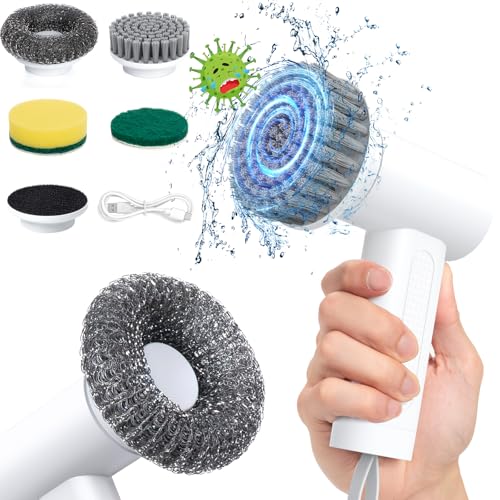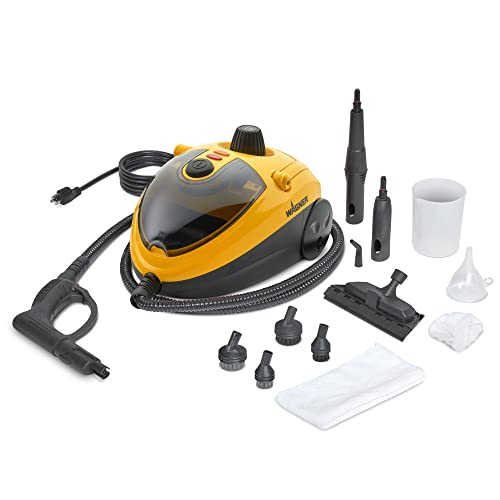In 2014, I worried about buying a new i3 BEV because I thought that BMW reliability was below average and that repair costs were above average. Having owned a very reliable and relatively inexpensive to repair 2000 Honda Insight for 12 trouble-free years at that point, I wondered whether I was making an expensive mistake buying an i3. However, our 2014 i3 never failed us, so it had no repair costs over our 7.5 years of ownership.
I missed the opportunity to replace it with a 2021 U.S. BEV because I didn't realize until it was too late to order a 2021 i3 that BMW would not be sending any 2022 i3's to the U.S., so I bought a used 2019 BEV about a year ago. I expect it to be just as reliable as our 2014 BEV.
For the most part, BMW really did its homework before producing the i3. Experience with the limited production lease-only 2009-2010 Mini E followed by the 2012 ActiveE allowed BMW to eliminate most problems before the i3 was released. BMW did fail in its design of the original i3 polymer motor mount bracket that could crack and its attachment bolt that could sheer and the original i3 KLE that could fail, but BMW authorized free replacements of the weak motor mount bracket bolt and the KLE with improved versions. Unfortunately, BMW didn't authorize replacing the polymer motor mount bracket with the improved aluminum version unless the improved motor mount bracket bolt also sheered. Otherwise, no battery pack fires that I'm aware of. The propulsion motor bearing that could fail prematurely and an A/C compressor that could implode affected a few early i3 owners, but for the most part, the i3 has been extremely reliable.































![300W Car Power Inverter DC12V to AC110V,Dc to AC Car Plug Adapter Outlet with Multi USB[24W USB-C] /USB-Fast Charger(24W) Car Inverter,Car Charger for Laptop Vehicles Road Trip PiSFAU](https://m.media-amazon.com/images/I/41-KedJShYL._SL500_.jpg)




![[Updated] 600W Power Inverter for Vehicles 12v to 110v, Dual DC to AC Car Inverters Converter Car Adapter for Wall Plug Outlet with USB C 65w/24W Fast Charge for Laptop Road Trip/Long Drive/Camping](https://m.media-amazon.com/images/I/41+ce37YsRL._SL500_.jpg)











